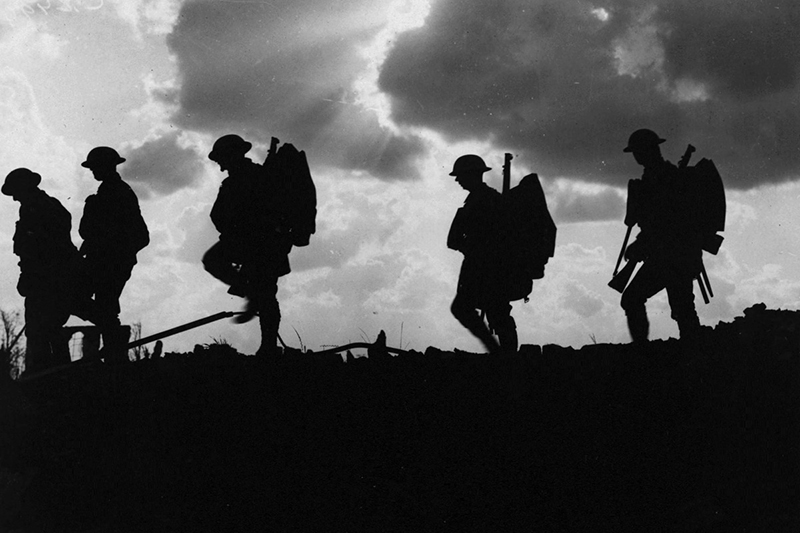Imperialism & War
 Clausewitz, the German military theoretician, insisted that “war is a mere continuation of policy by other means”. This goes to the heart of the matter. War is merely an extension of the struggle between nations and classes by other means, and the struggle between nations is merely an extension of the competition between the major multinational corporations.
Clausewitz, the German military theoretician, insisted that “war is a mere continuation of policy by other means”. This goes to the heart of the matter. War is merely an extension of the struggle between nations and classes by other means, and the struggle between nations is merely an extension of the competition between the major multinational corporations.
Capitalism is riddled with war. In a constant struggle over the profits they have extracted from the labour of the working class, the various imperialist powers engage in various forms of armed conflict. The complete domination of US imperialism, which was euphemistically referred to as pax americana, means open conflict between the imperial powers is excluded. Yet, that doesn’t in any way exclude small wars. In fact, the past few years have seen millions of people displaced and dead in conflicts in Africa and the Middle East.
As long as capitalism remains, as long as competition between multinational corporations remains, so will armed conflict. The Second International in its famous Stuttgart Resolution advocated the use of the crisis brought on by war to further the socialist revolution. That remains the attitude of Marxists to this day. We fight against imperialist wars, but we understand that the only way to finally rid humanity of the misery of war is to rid it of the capitalist system itself.
